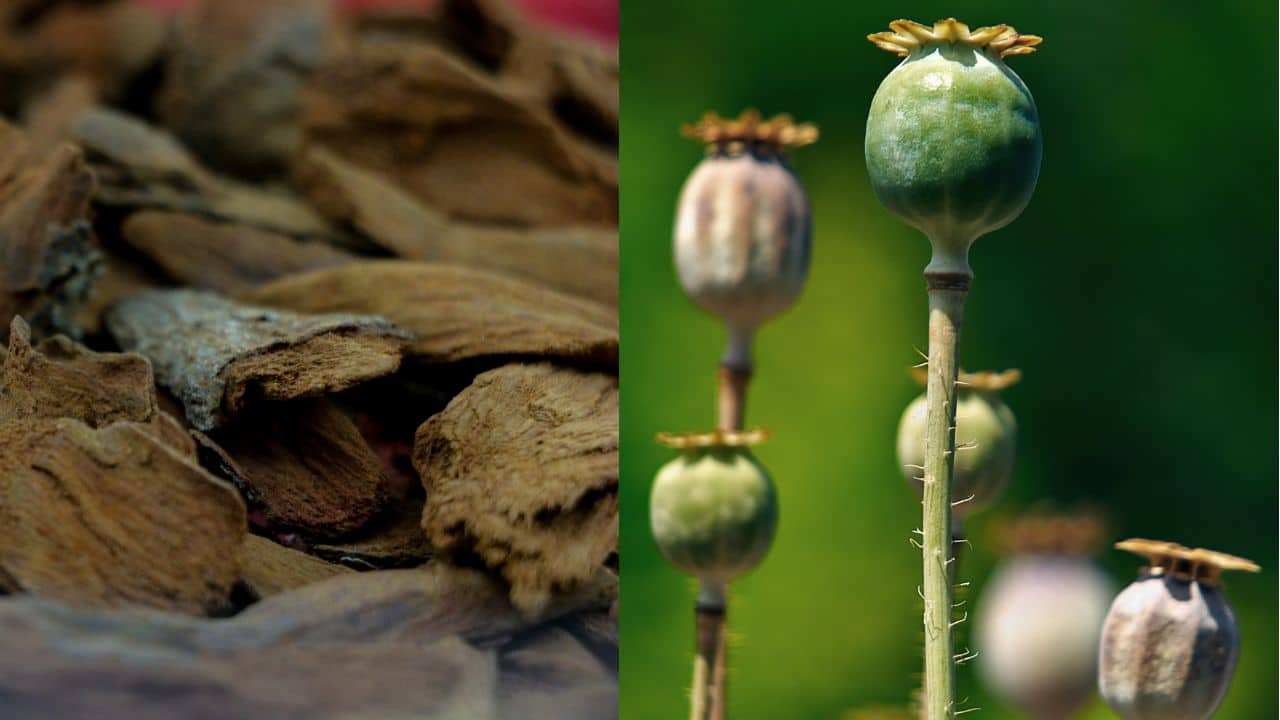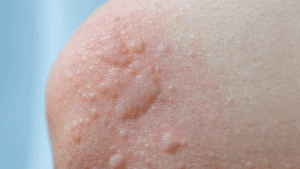
China officinalis vs. Opium: Differentiating Remedies in Practice
China officinalis vs. Opium: Differentiating Remedies in Practice Accurate homeopathic

Accurate homeopathic prescribing relies on observing the totality of the patient, including physical, emotional, and behavioural cues.

Homeopath and CHE Community Manager
Two remedies that can appear superficially similar are China officinalis and Opium, particularly when patients present with weakness, sleepiness, or withdrawal. Understanding the nuanced differences ensures precise prescribing and better outcomes.
Core Themes: Apathy, withdrawal, exhaustion following fluid or vital loss.
Emotional Profile:
Physical Profile:
Key Differentiators:
Core Themes: Sudden collapse, stupor, or extreme drowsiness.
Emotional Profile:
Physical Profile:
Key Differentiators:
Feature | China officinalis | Opium |
Emotional state | Apathy, withdrawal, exhaustion | Dreamlike indifference, stupor |
Sleepiness | Gradual, excessive, linked to depletion | Sudden, deep, can appear comatose |
Greed / cravings | Craving for liquids and easily digestible food | Minimal or absent |
Physical onset | After fluid loss (diarrhea, hemorrhage, prolonged illness) | Sudden collapse, shock, trauma, high fever |
Sensitivity to touch | Often sensitive, especially abdomen | Generally less sensitive |
Key marker | Emotional and physical depletion | Sudden stupor and indifferent calm |
While China officinalis and Opium share superficial similarities, their emotional drivers, physical context, sleepiness patterns, and compensatory behaviors are markedly different. Recognising these nuances allows homeopaths to:
Key takeaway:
Disclaimer
The content shared here is intended for informational purposes only and should not be considered a replacement for professional medical advice, diagnosis, or treatment from a qualified and licensed healthcare provider. The views and opinions expressed in this presentation are those of the presenter and do not necessarily represent those of CHE or any affiliated organizations.

China officinalis vs. Opium: Differentiating Remedies in Practice Accurate homeopathic

Understanding High Histamine Reactivity in Children: A Case-Based Perspective Acute

Oscillococcinum for Flu: The Brand You Know, the Remedy You